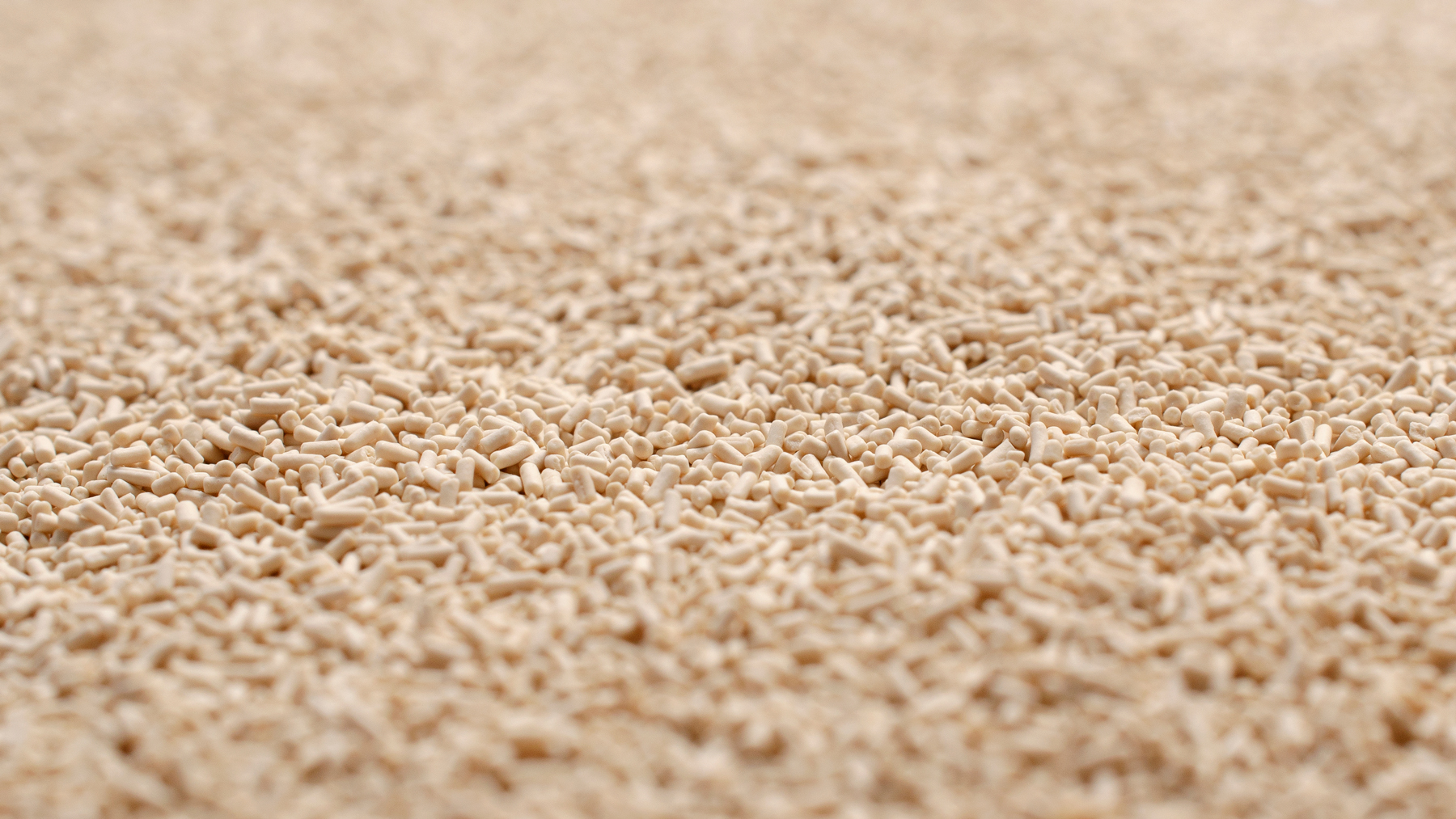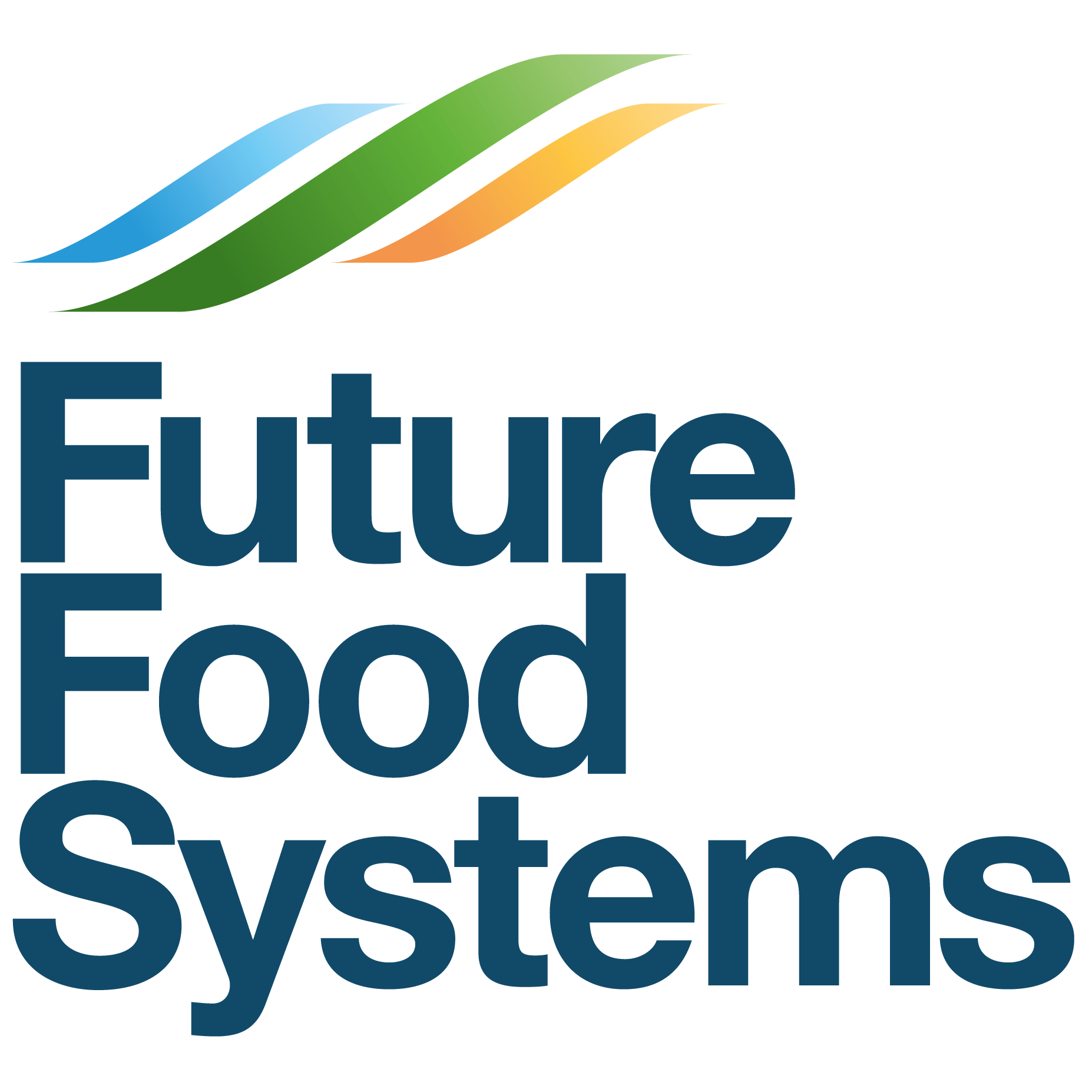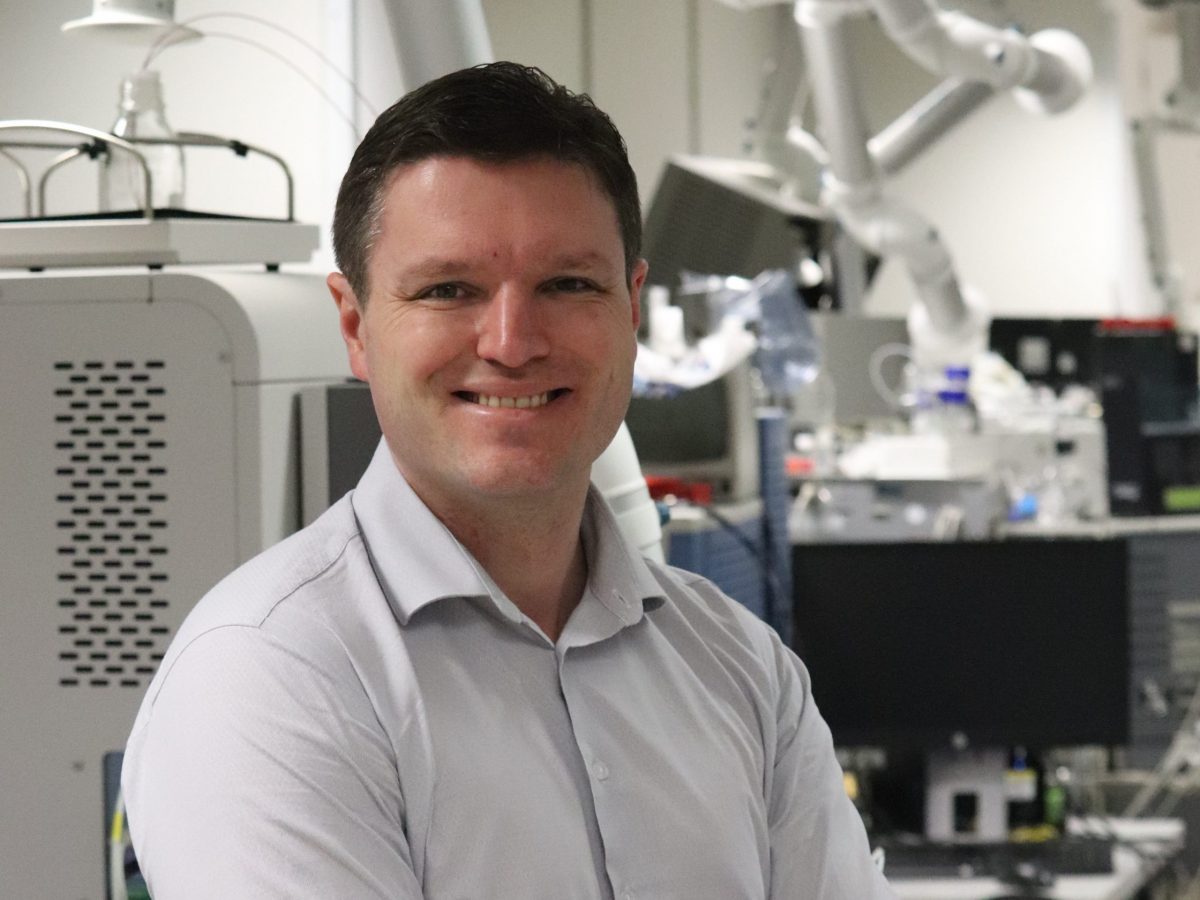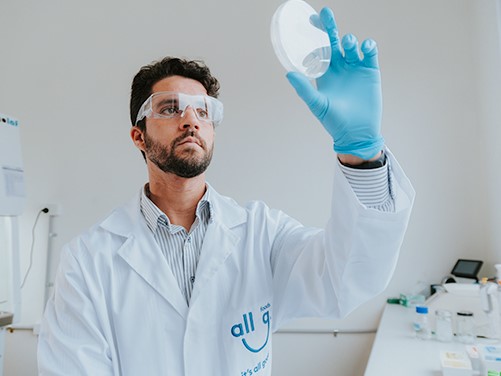Challenge Precision fermentation offers a promising solution by enabling the production of bovine milk proteins without the use of dairy cows. While environmentally advantageous, this approach faces a key scientific challenge: many milk proteins are highly phosphorylated, and the specific positioning of phosphate groups is critical to their biological function. Producing functionally accurate proteins at scale requires new tools to optimise microbial strains and fermentation conditions.
Solution This project aims to develop a high-throughput screening platform capable of evaluating thousands of microbial strains and fermentation environments to identify those that produce correctly phosphorylated milk proteins. The platform will allow for rapid assessment and refinement of production parameters to ensure proteins are functionally equivalent to their animal-derived counterparts. Selected phosphoproteins will be subjected to rigorous quality control, including dairy product prototyping and digestibility testing, to assess their suitability for consumer use.
Impact By creating a scalable method to produce functional dairy proteins through precision fermentation, this project addresses both environmental and nutritional goals. The resulting proteins could form the basis of a new generation of dairy alternatives that are not only sustainable but also closely mimic traditional dairy in taste, texture, and nutritional value. This initiative positions the industry to meet growing global food demands while significantly reducing the environmental footprint of dairy production.












